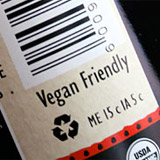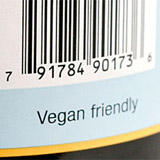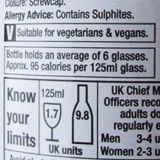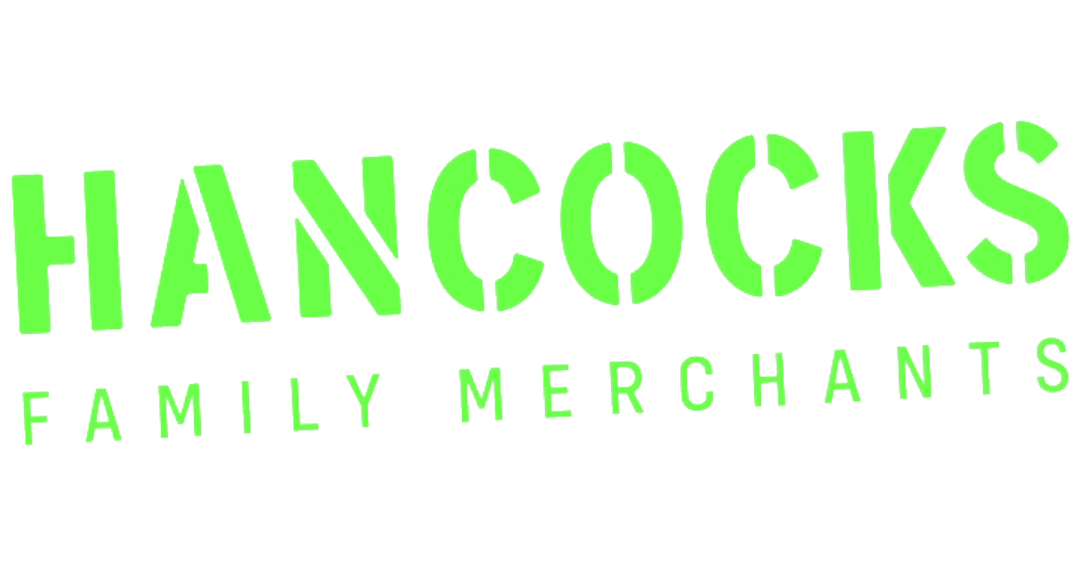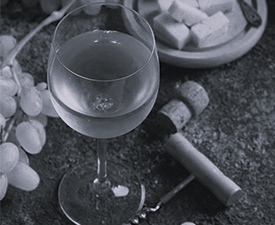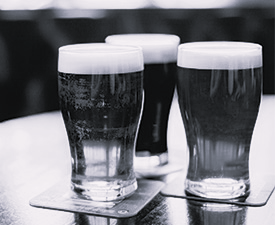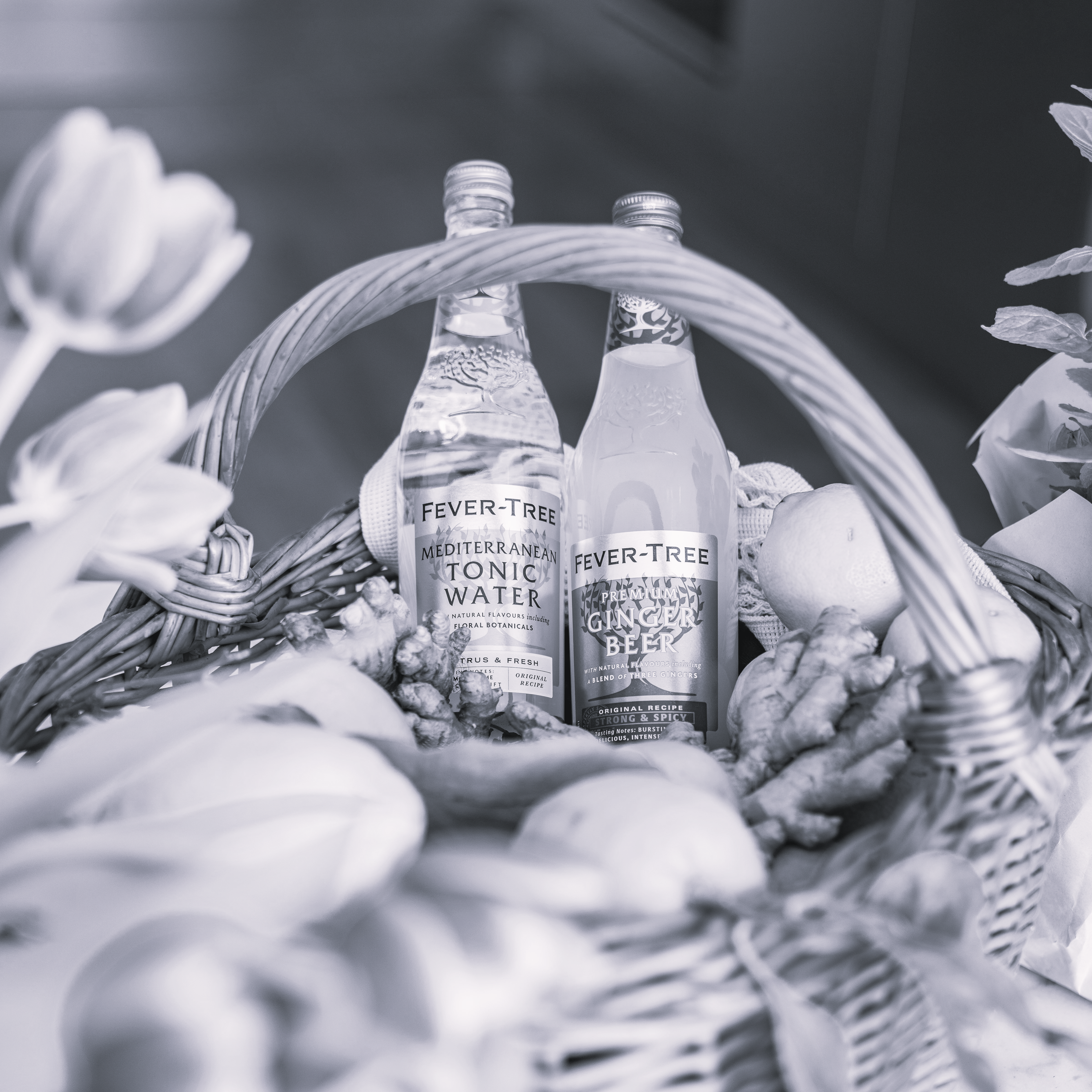Vegan friendly wines are increasingly talked about, though these wines often don't include this information on the label. Many people are unaware that wine, although made from grapes, may have been made using animal-derived products. During the winemaking process, wine is filtered through substances called 'fining agents'. This process is used to remove protein, yeast, cloudiness, off-flavours and colourings, and other organic particles which are in suspension during the making of the wine. A fining agent is added to the top of the vat, as it sinks down, the particles adhere to the agent, and are carried out of suspension. None of the fining agent remains in the finished product sold in the bottle, and not all wines are fined. Winemakers are not required to put on their label which clarifier is used, since it is removed from the final product.
Finding wine that has not been filtered with animal products can be difficult. The most accurate way to find out if a wine is acceptable for a 'vegan-diet' is to contact the winery and ask specifically what is used in the fining process for each wine.
Animal products used in fining are gelatin, isinglass, chitosan, casein and egg albumen (deriving from milk protein and egg white respectively) would be acceptable for vegetarians, but not for vegans. An alternative to animal products, Bentonite, a clay mineral, can be used to clarify the wine. There are several fining agents that are animal-friendly and used to make vegan approved wine. Carbon, bentonite clay, limestone, kaolin clay, plant casein, silica gel, and vegetable plaques are alternatives.
Wineries clearly point out that once a wine has been fully fermented and bottled, only microscopic trace elements of these agents are left. The good news is that labels are increasingly becoming more detailed and specific about the fining and filtering agents used. To give some perspective, if a vegan was to buy vegetables grown in soil outdoors, they would be exposed to more animal residue than in a bottle wine.
